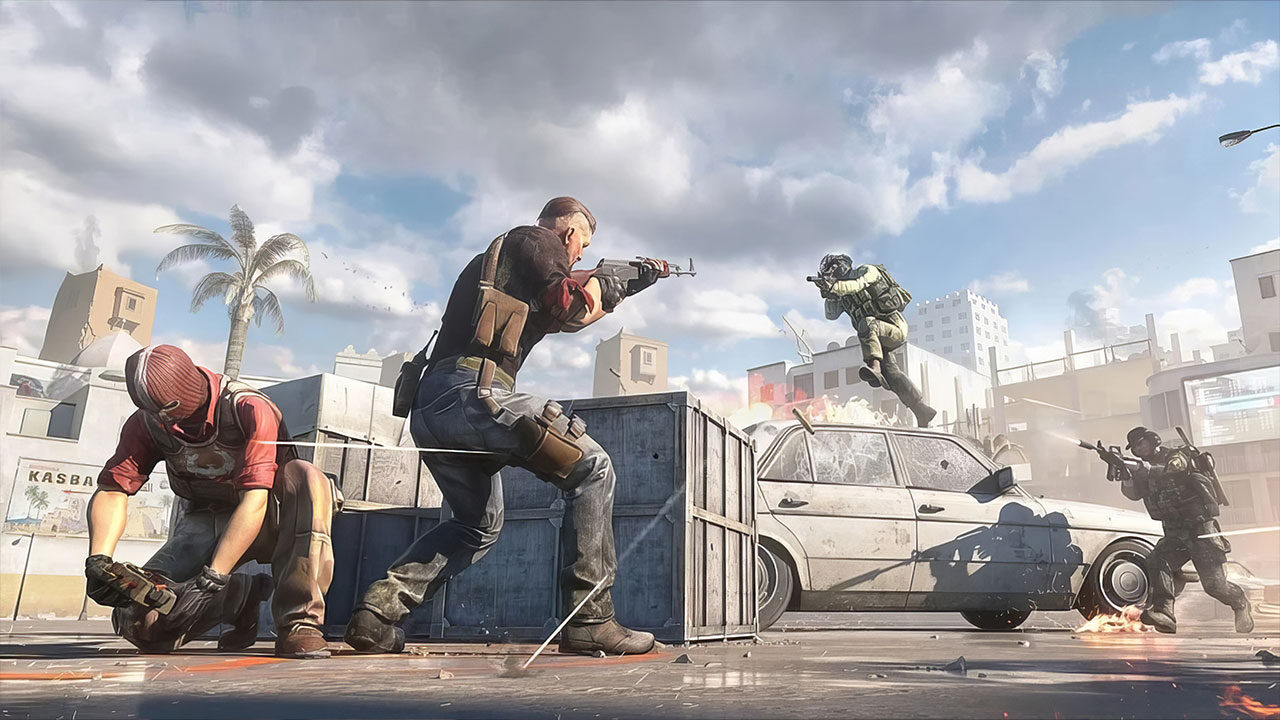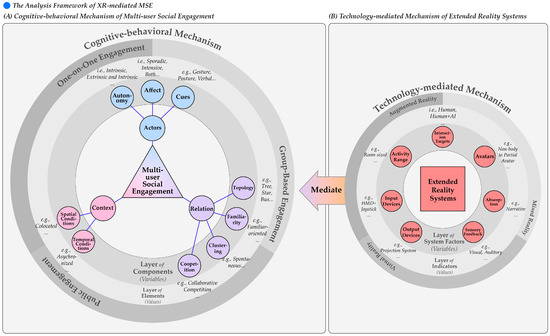


In a time marked by rapid technological progress and a continually shifting social environment, gaming has transformed from a specialized hobby into a significant global cultural phenomenon. No longer limited to arcades or the bedrooms of teenagers, video games now traverse across generations, regions, and cultures. While many engage in gaming purely for entertainment, others are fueled by competition, achievement, social interaction, or even financial gain. The emergence of esports has introduced a new layer to this landscape—especially in competitive games like Counter-Strike 2, where CS2 match betting has emerged as a favored means for fans to participate beyond the screen.
But what truly drives gamers in today’s world? Is it the excitement of competition, the urge to escape reality, or a complex amalgamation of both? Let’s delve into the psychology of contemporary gaming and uncover the various motivations that attract individuals to digital realms.
The Psychology of Play
To comprehend why individuals game, we must examine the psychological frameworks that elucidate human motivation within virtual settings. One of the most foundational and impactful models was introduced by Richard Bartle, who classified gamers into four categories:
– Achievers — driven by in-game objectives, rewards, and success.
– Explorers — motivated by curiosity and the urge to uncover new content.
– Socializers — play to forge connections and engage with communities.
– Killers — seek competition and superiority over others.
Although Bartle’s classification set the stage, more intricate theories have since come to light. Prominent among these is the Self-Determination Theory (SDT), which suggests that individuals are motivated by three fundamental psychological needs:
– Autonomy: the liberty to make choices and direct one’s actions.
– Competence: the yearning to hone skills and reach objectives.
– Relatedness: the requirement to feel connected with others.
Games are distinctly positioned to satisfy all three needs, which aids in explaining their widespread allure. Whether one seeks refuge from a stressful day or aims to ascend the ranks in a competitive league, these core motivators are frequently at play.
Gaming as Escape
Escapism is one of the most frequently mentioned reasons individuals engage with video games. In a world characterized by economic instability, social turmoil, and digital overload, games present a sanctuary—a space to unwind, explore, and even find healing.
Mental Health & Stress Relief
Numerous players utilize games as a valid tool for mental well-being. Titles like Animal Crossing: New Horizons became cultural phenomena during the COVID-19 pandemic, providing players with a tranquil, structured setting amid global chaos. These cozy, non-competitive games offer a routine and a sense of relaxation, assisting individuals in managing anxiety, loneliness, and stress.
Narrative Immersion
Contemporary games often boast rich, emotionally compelling narratives that rival those found in literature and cinema. Titles like The Last of Us and Red Dead Redemption 2 enable players to embody complex characters and journey through vast worlds. This narrative immersion satisfies the explorer’s curiosity and the socializer’s need for emotional connection, granting a temporary escape from real-world troubles.
A Sense of Control in Chaos
In the real world, individuals often feel powerless against external circumstances. Yet, games provide a controlled setting where players can construct cities, solve puzzles, or simulate ideal lives. Whether managing a farm in Stardew Valley or leading armies in Civilization, these experiences impart a therapeutic sense of agency.
Gaming for Competition
While some seek refuge in virtual realms, others are attracted to the excitement of competition. Competitive gaming encompasses everything from casual weekend matches to professional esports tournaments offering million-dollar prize pools.
Skill Mastery & Flow
Competitive gamers frequently describe entering a “flow state”—a mental zone of intense focus where time seems to vanish. Games like League of Legends and Counter-Strike 2 are crafted with high skill ceilings and rapid feedback mechanisms, rewarding players who dedicate time to mastering strategies and mechanics. For these gamers, the objective transcends mere victory—it’s about improving, evolving, and ultimately dominating.
Social Dominance & Recognition
Online multiplayer games provide real-time competition against human opponents, generating a thrill that is hard to replicate in single-player experiences. Leaderboards, trophies, and streaming platforms like Twitch enhance this motivation through public recognition. Skilled players can develop fan bases, receive sponsorships, and even emerge as influencers, transforming gaming skill into social capital.
eSports as Identity
For many, particularly younger audiences, competitive gaming surpasses being a hobby—it’s integral to their identity. Professional esports players are regarded similarly to athletes, complete with training routines, fan followings, and international competitions. This validation has prompted countless gamers to emulate the pros, fostering a culture of aspiration and commitment.
The Middle Ground
It may be tempting to view escapism and competition as opposing concepts, but in truth, most gamers experience a combination of both. Motivations are fluid and often change over time. A player might initially engage with Fortnite to relax but later develop an interest in skill enhancement and tournament competition. Likewise, a group of friends might log into Valorant for social interaction yet discover satisfaction in climbing the ranks.
No Comments
To comment you need to be logged in!